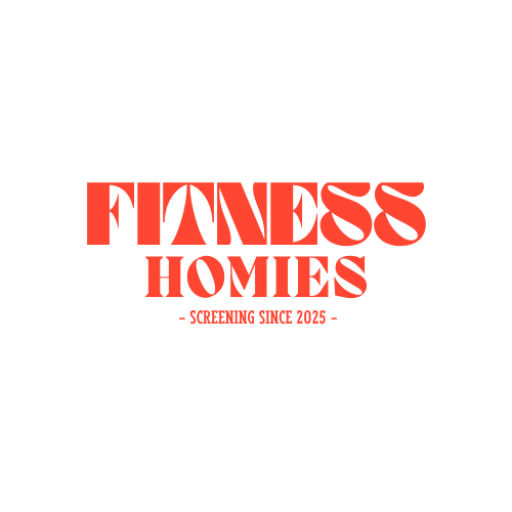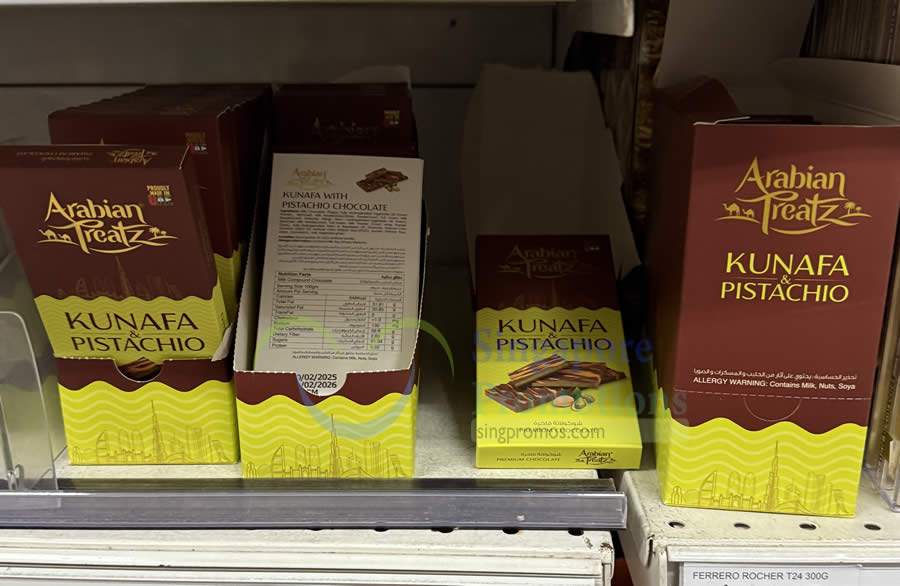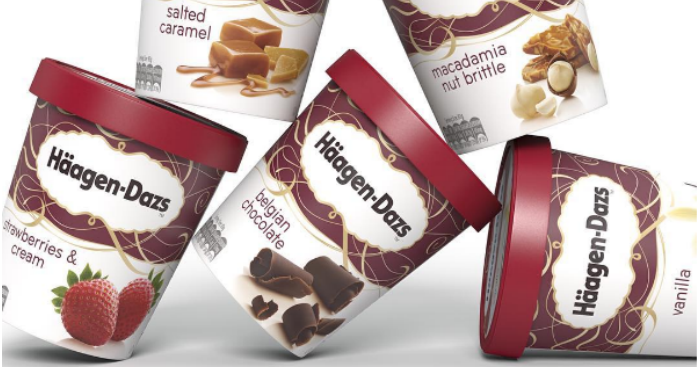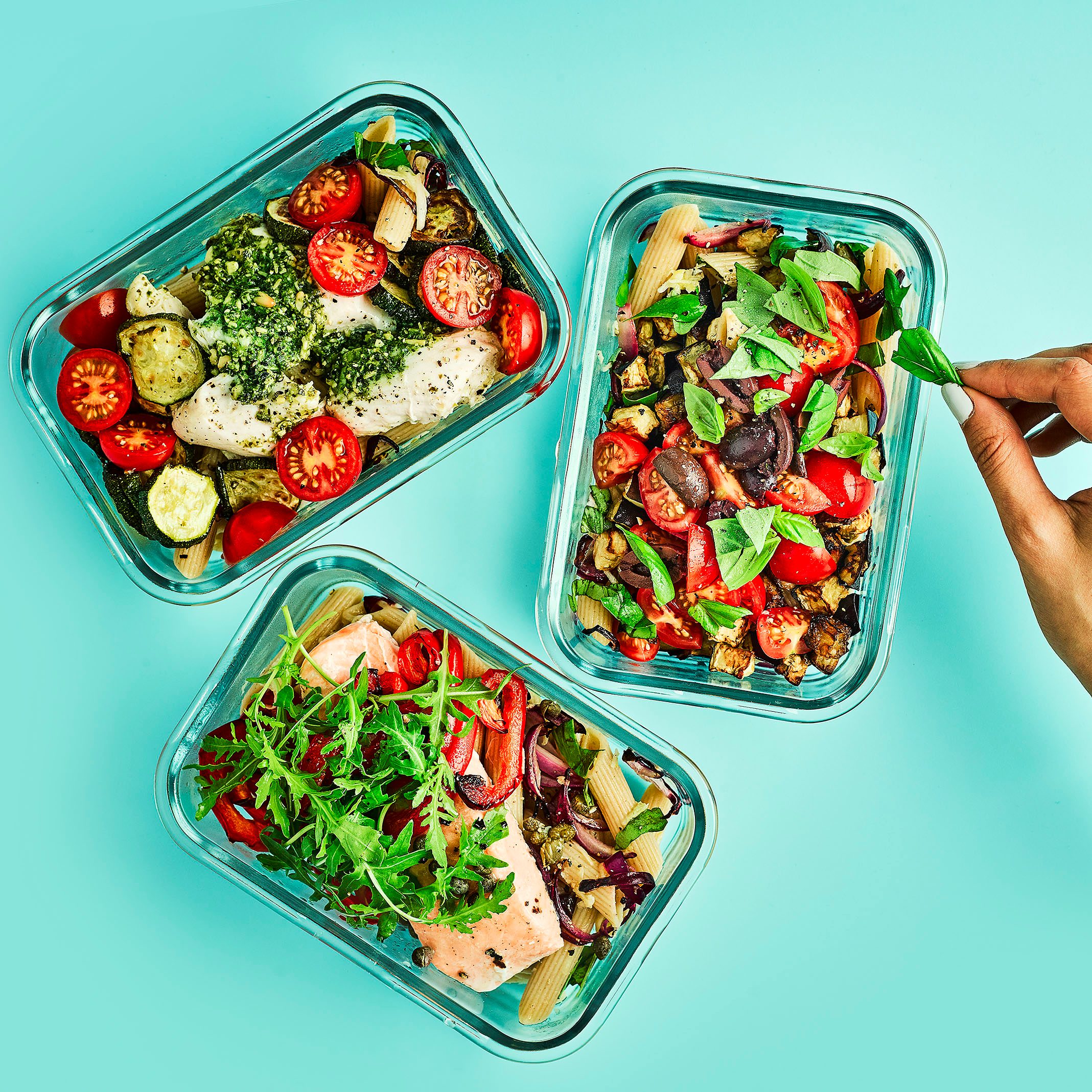
Females over 50 often face unique health challenges, and finding the right diet to support their health, including heart and brain function, managing menopause symptoms, and maintaining overall well-being, can be overwhelming. However, there are several diets that can help women in this age group thrive. The best diet is one that you can maintain long-term, makes you feel your best, and provides the necessary nutrients for your body’s changing needs.
The following diets are great options for females over 50, chosen based on ease of adherence, flexibility, nutritional balance, and scientific backing.
1. Best All-Around: The Mediterranean Diet
The Mediterranean diet is widely regarded as one of the healthiest eating patterns for women over 50. Based on the eating habits of people in Greece and Southern Italy, this diet emphasizes vegetables, legumes, fruits, nuts, whole grains, and olive oil as the primary source of fat. It includes moderate amounts of fish, dairy, eggs, poultry, and red meat in smaller quantities.
Why it works: Research consistently shows that this diet reduces the risk of chronic, age-related conditions such as heart disease, diabetes, cancer, and mental decline. Its flexibility is one of its major strengths — no foods are off-limits, and even treats and red wine are allowed in moderation.
2. Best for Heart Health: The DASH Diet
Heart disease is a leading cause of death in females over 50, and high blood pressure is a significant risk factor, especially post-menopause. The Dietary Approaches to Stop Hypertension (DASH) diet is designed to help manage and prevent high blood pressure.
Why it works: The DASH diet is low in sodium and emphasizes foods rich in calcium, potassium, and magnesium, which help reduce blood pressure. It includes vegetables, fruits, low-fat dairy, whole grains, legumes, nuts, seeds, fish, and poultry while limiting red meat and sweets. Processed and salty foods are minimized to promote heart health.
3. Best Plant-Based: The Flexitarian Diet
The Flexitarian diet is a flexible, semi-vegetarian eating plan that emphasizes plant-based foods while allowing occasional inclusion of meat, dairy, eggs, and fish. This diet is ideal for those who want to eat more fiber and plant protein while recognizing the nutritional benefits of animal products.
Why it works: It supports heart health, helps with weight management, and may prevent diabetes. The diet also provides important nutrients like calcium and omega-3s, which are especially beneficial for females over 50.
4. Best for Brain Health: The MIND Diet
For females over 50, brain health becomes a top priority, as the risk of dementia, especially Alzheimer’s disease, increases with age. The MIND diet was specifically designed to reduce the risk of neurodegenerative diseases and cognitive decline.
Why it works: This diet combines elements from the Mediterranean and DASH diets, emphasizing foods like whole grains, berries, leafy greens, beans, olive oil, and fatty fish. It limits foods such as fried foods, red meat, butter, cheese, and sweets.
5. Best for Those Fed Up with Dieting: Intuitive Eating
If you’ve been struggling with restrictive diets and are ready to let go of the dieting cycle, intuitive eating may be the perfect approach. This method encourages a healthy relationship with food without focusing on calorie counting or rigid rules.
Why it works: Intuitive eating promotes listening to your body’s hunger and fullness cues, which can lead to better psychological health and a more balanced relationship with food. Studies show it can help prevent disordered eating and encourage sustainable health behaviors.
Which Diet is Best for Women Over 50?
When choosing a diet, consider your personal health goals and preferences. Females over 50 should focus on getting enough essential nutrients, including calcium, vitamin D, protein, and B vitamins. If managing blood pressure is your priority, the DASH diet is ideal. For a more balanced approach, the Mediterranean or Flexitarian diets may be your best bet. For a less structured relationship with food, intuitive eating could be the right fit.
Remember, small, manageable changes can have a big impact, so it’s okay if you don’t follow the diet perfectly. Before making significant changes, consult with your healthcare provider to ensure that your diet aligns with your unique health needs.









